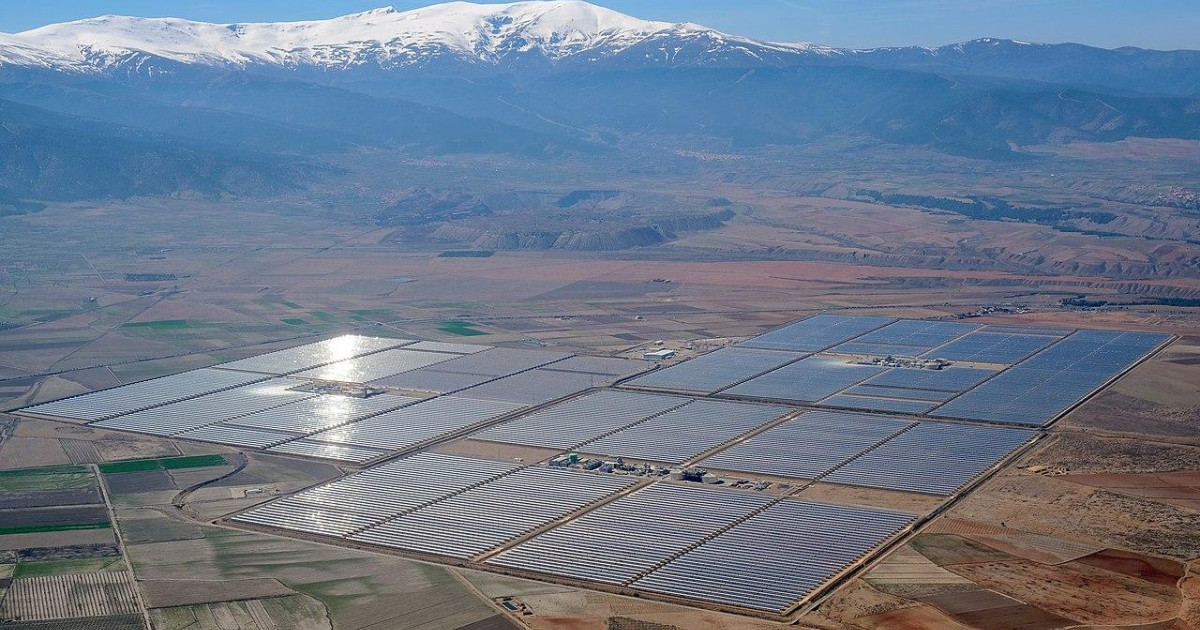Spain will certainly have to pay $120 million for the change in terms of renewables

London High Court Justice Peter Fraser will decide “as soon as possible after Easter” whether to accept or cancel registration in 2021 before the same court in a decision that required Spain to pay €120m to affected investors when it was reduced in 2013 from 2007 to Renewable energy.
European investor group Antin has registered its 2018 arbitration award with the English court as a first step to trying to force the Spanish state to pay its debts, either voluntarily or through the seizure of its assets in England.
In the final session of the four-day trial, Fraser, of the Supreme Chamber of Commerce, on Monday heard final arguments from attorneys, Patrick Green for the plaintiffs – identified as “Antene Award recipients” – and Tariq Baloch On behalf of the Spanish government.
Regardless of their opinion, the parties may challenge it to the Court of Appeal of the Supreme Court itself.
During the process, Baloch argued that Spain had “sovereign immunity” in the English judiciary and asked the judge to annul the order signed on June 29, 2021 by his colleague Sarah Cockerill, who registered the award issued in 2018 by International Center for Settlement of Investment Disputes (ICSID), an institution dependent on the World Bank.
This ICSID decision, which the Spanish government unsuccessfully tried to overturn in Washington (USA), requires the payment of 101 million euros (more than 120 million with interest) to the Luxembourg Funds Infrastructure Services Luxembourg and the Netherlands Energia Thermosolar – formerly Antin Infrastructure Services Luxembourg. and Antin Energia Termosolar- for damages incurred from the retroactive revocation in 2013 renewable energy premiums.
On behalf of Antin, which in 2011 financed Andasol plants 1 and 2 in GrenadeGreen asserted that Spain had “waived state immunity” by signing the International Center for Settlement of Investment Disputes International Arbitration Agreement of 1966 and the Energy Charter Treaty (ECT) of 1994 – which regulates relations between contracting parties in the energy sector -.
Spain, in turn, insists that it does not join the International Center for Settlement of Investment Disputes nor the TCE, from which it announced in 2022 that it intends to withdraw, means that it “waived its immunity” in the jurisdictions of the rest of the member states, such as the United States. kingdom.
It also claims in any case that, based on subsequent European Union (EU) case law, Article 26 of the TCE, which regulates arbitration of disputes, “does not apply to claims against nationals of other EU member states,” such litigants.
However, Antin denied that these multilateral treaties are governed by “the principles of international law applicable to all contracting states” and “cannot be affected by EU law”.
Failing the sovereign immunity argument, the Spanish government also argues that the plaintiffs breached their procedural obligations by “failing to disclose all information” available when they sought the registration of the arbitral award, responding that the data allegedly excluded were not “relevant” to the case.
After its controversial reform of the renewable energy premium system, Spain has faced 51 arbitrations in different countries for this issue, with claims of around 10,000 million euros and 28 awards, none of which have been implemented so far.
According to Spanish government sources, Spain is reluctant to make the payments because it believes they “may contravene EU law and constitute illegal state aid.”
The outcome of the trial in London, which could take time, could set a precedent for other plaintiffs.

“Future teen idol. Hardcore twitter trailblazer. Infuriatingly humble travel evangelist.”










